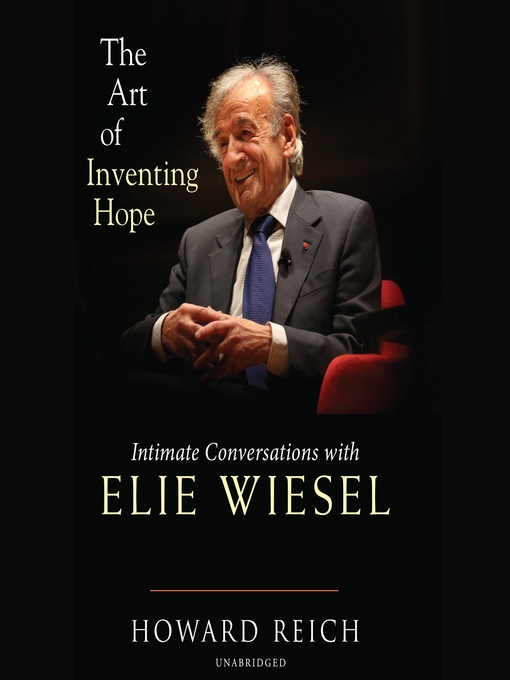The Art of Inventing Hope offers an unprecedented, in-depth conversation between the world's most revered Holocaust survivor, Elie Wiesel, and a son of survivors, Howard Reich. During the last four years of Wiesel's life, he met frequently with Reich in New York, Chicago, and Florida—and spoke often on the phone—to discuss the subject that linked them: both Wiesel and Reich's father, Robert Reich, were liberated from Buchenwald death camp on April 11, 1945. What had started as an interview assignment from the Chicago Tribune quickly evolved into a friendship and a partnership. Reich and Wiesel believed their colloquy represented a unique exchange between two generations deeply affected by a cataclysmic event. Wiesel said to Reich, "I've never done anything like this before."
Here Wiesel—at the end of his life—looks back on his ideas and writings on the Holocaust, synthesizing them in his conversations with Reich. The insights that Wiesel offered and Reich illuminates can help the children and grandchildren of Holocaust survivors understand their painful inheritance, while inviting everyone else to partake of Wiesel's wisdom on life, ethics, and morality.


